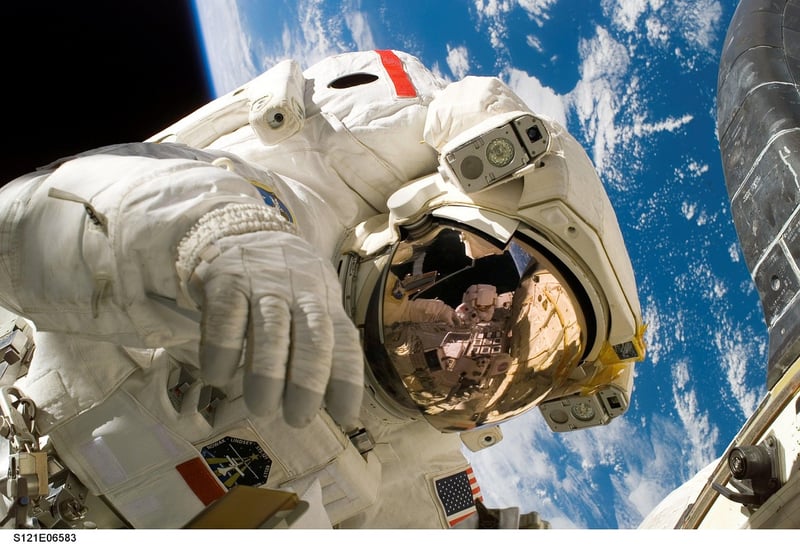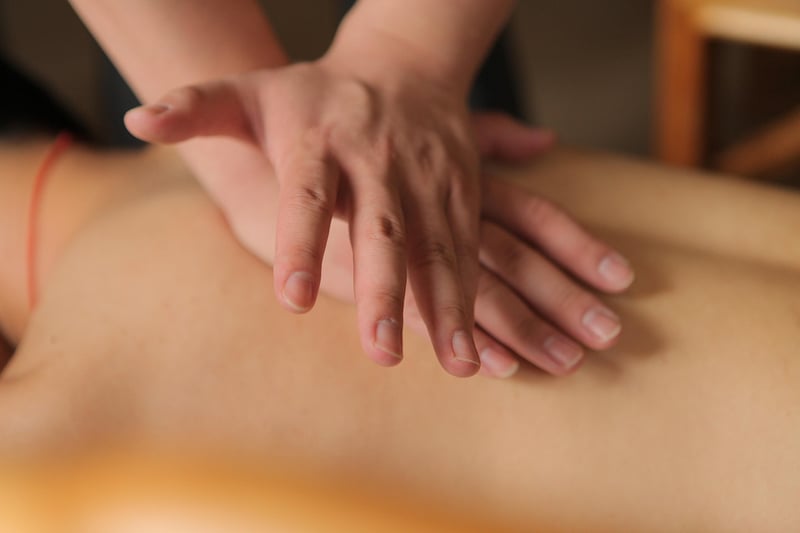Health in Space
Adapting to Life in Space and Maintaining Health
Living in space is an extraordinary experience that comes with unique challenges. Astronauts who venture beyond Earth's atmosphere must adapt to a microgravity environment and take special precautions to maintain their health. Let's explore how astronauts adjust to life in space and prioritize their well-being.
Adapting to Microgravity
One of the most significant changes astronauts face in space is the absence of gravity or the presence of microgravity. This condition can affect various bodily functions, including orientation, muscle mass, and bone density. To adapt to microgravity, astronauts undergo rigorous training on Earth and continue physical exercises while in space.
Exercising in space is crucial for maintaining muscle strength and bone density. Astronauts use specialized equipment, such as treadmills and resistance machines, to work out in a weightless environment. Regular physical activity helps counteract the effects of prolonged weightlessness and prepares astronauts for their return to Earth.
Eating Right in Space
Proper nutrition is essential for astronauts to stay healthy and perform their duties effectively. Space food must meet specific requirements, such as being lightweight, non-perishable, and easy to prepare. Astronauts consume a balanced diet that includes fruits, vegetables, protein-rich foods, and fluids to stay hydrated.
Moreover, astronauts need to manage their food intake carefully to prevent food particles from floating away in microgravity. Special packaging and utensils are designed to ensure that meals are contained and can be consumed without making a mess in the spacecraft.
Maintaining Mental Health
Isolation, confinement, and the demanding nature of space missions can take a toll on astronauts' mental well-being. To address this, astronauts receive psychological support and participate in activities to reduce stress and maintain a positive mindset. Regular communication with mission control and loved ones on Earth also helps astronauts feel connected and supported.
Health Monitoring in Space
Astronauts undergo regular medical check-ups to monitor their health status in space. Vital signs, such as heart rate, blood pressure, and oxygen levels, are closely monitored to detect any potential issues early. In case of emergencies, astronauts are trained to provide basic medical care and stabilize critical conditions until further assistance can be provided.
Conclusion
Adapting to life in space and maintaining health are top priorities for astronauts on long-duration missions. Through proper training, nutrition, exercise, and psychological support, astronauts can overcome the challenges of space travel and thrive in the unique environment beyond Earth's atmosphere.

Embark on a journey to space, where humans push the boundaries of exploration and discover the wonders of the universe while prioritizing their well-being and adapting to the demands of a microgravity environment.
